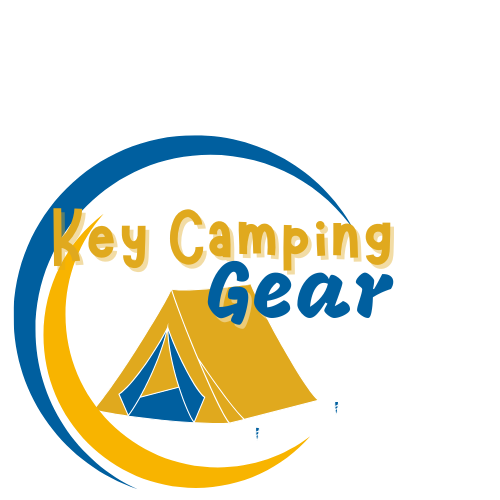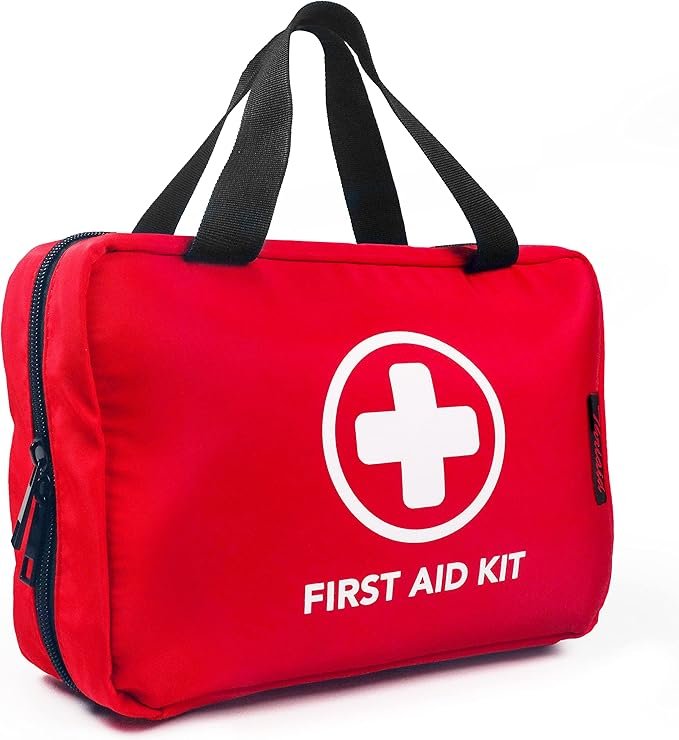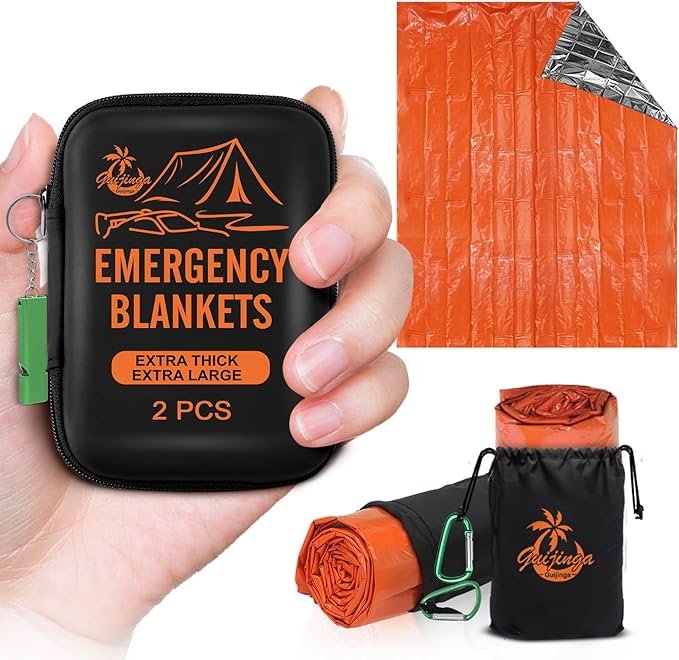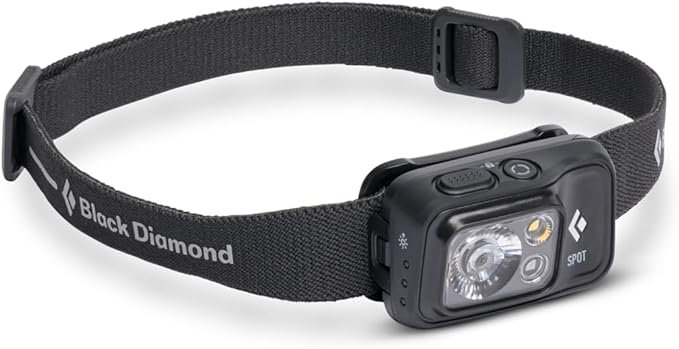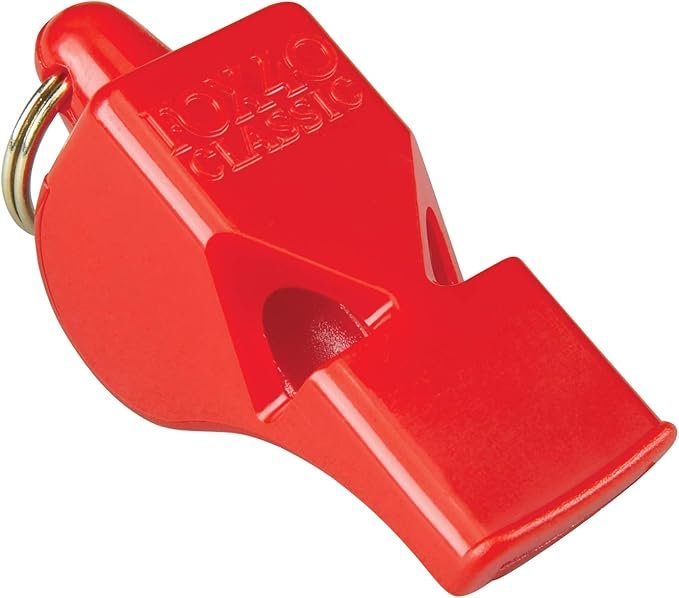First Aid & Safety
First Aid & Safety Essentials for the Outdoors.
Accidents can happen — even on the best adventures. Whether you’re dealing with a blister, a twisted ankle, or just need to purify drinking water, having the right safety gear can make all the difference.
At Key Camping Gear, we believe that being prepared isn’t optional — it’s essential. From compact first aid kits to water filtration and emergency tools, this section includes the most reliable items to keep you and your group safe in the wild.
Be Prepared, Always Compact kits with all the essentials for minor injuries, scrapes, and bug bites.
✅ First Aid Kit – Compact and Complete
Adventure Medical Kits Ultralight Watertight
✅ Water Filter – Sawyer Mini
Sawyer Mini Water Filtration System
✅ Emergency Blanket – Reflective & Compact
Emergency Blanket (2-Pack)
✅ Water Purification Tablets
Potable Aqua Water Purification Tablets
✅Headlamp – Lightweight and Bright
Black Diamond Spot 400 Headlamp
✅ Emergency Whistle with Lanyard
Fox 40 Classic Safety Whistle
